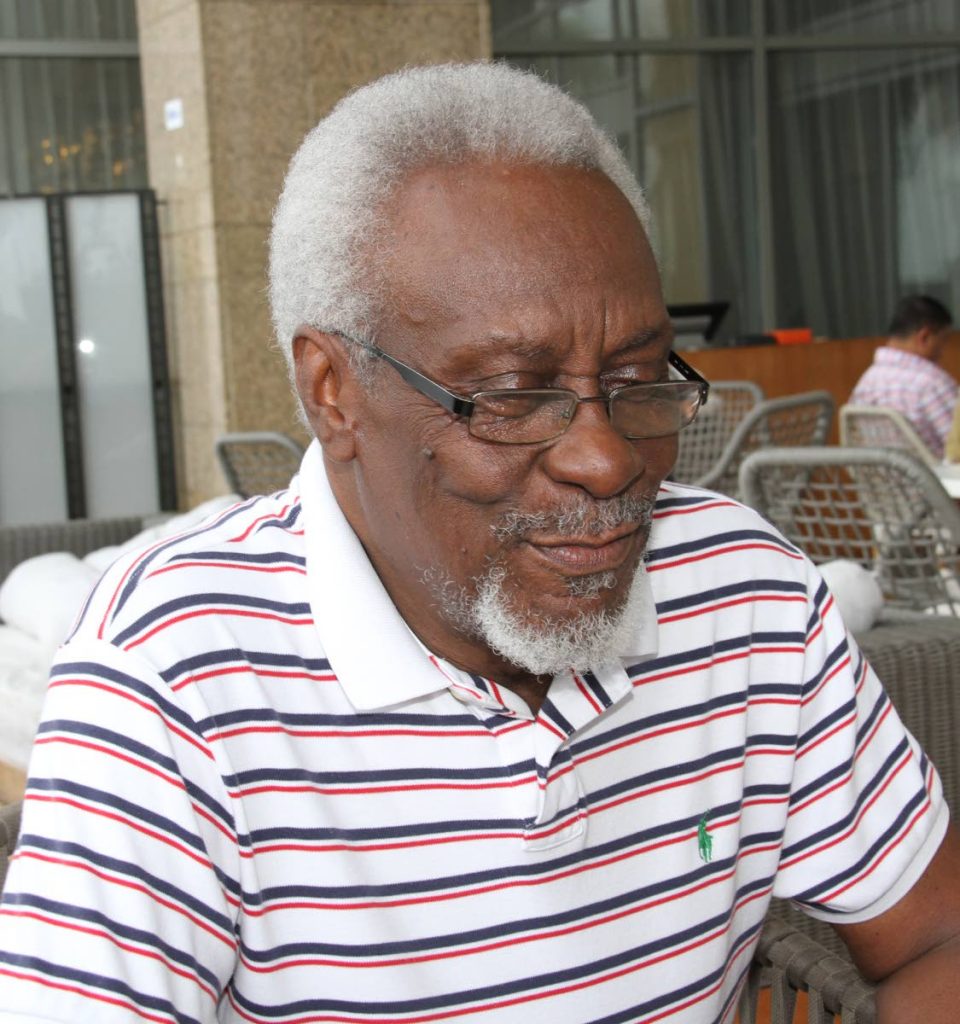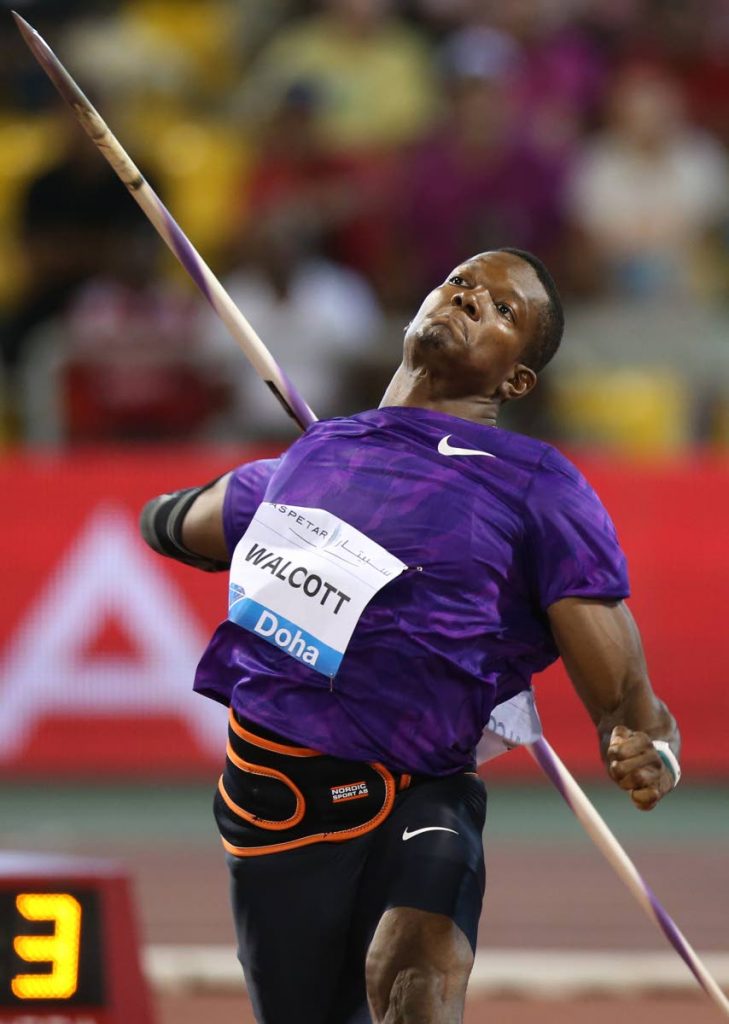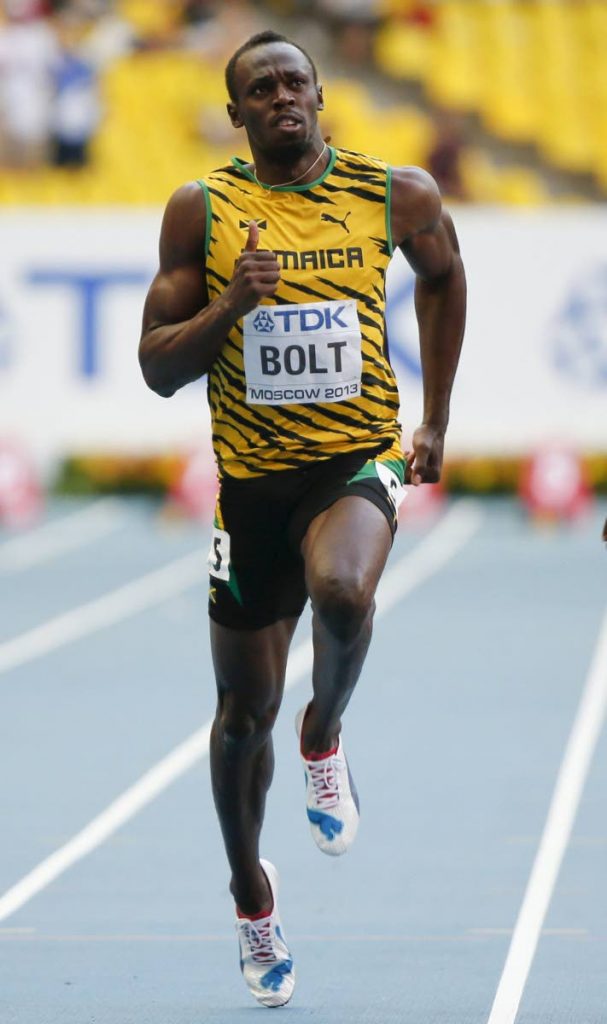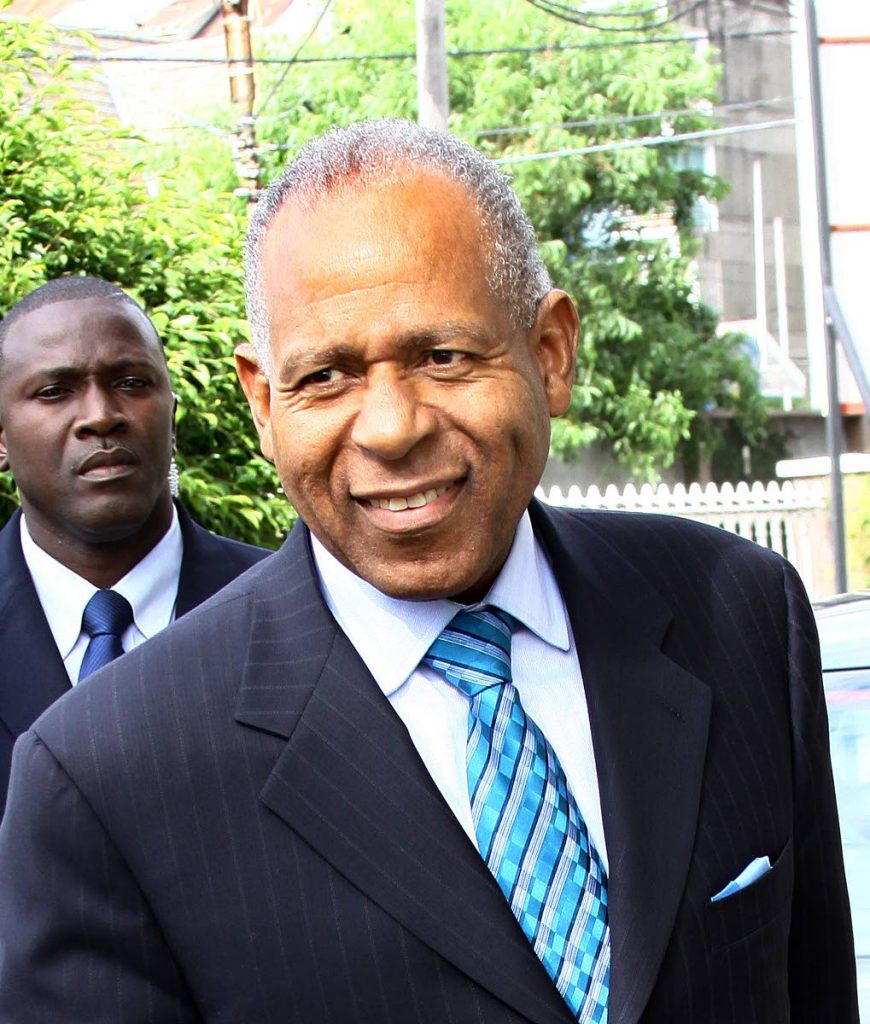Sport anchors the Caribbean

COREY CONNELLY with Part II of his conversation with former Jamaica prime minister, PJ Patterson
Proud to be Jamaican but a true Caribbean man. That sums up Percival Noel James Patterson, former prime minister of Jamaica. He is among very few surviving regional politicians who can boast today of direct personal interaction with some of the key shapers of Caribbean integration such as political heavyweights and leaders, Dr Eric Williams, Norman and Michael Manley, and Forbes Burnham. But it is not the politics he feels would transform the region. Rather he believes the future of Caribbean economies lies in the creative industries – sport, culture and entertainment.
“Sports is big business,” Patterson said, “And I think we in the Caribbean would benefit very greatly by seeking to develop the interlinkages which are possible, especially bearing in mind that more and more, tourism is becoming a dominant economic sector in most of our countries.” It was sport that brought him to Port of Spain two weeks ago as chairman of the Cricket Tournament Committee which presided over the Caribbean Premiere League when Sunday Newsday spoke with him on a wide range of issues, at the Hyatt Regency, Port of Spain. Trinbago Knight Riders beat the Guyana Amazon Warriors in the final game, which was held at the Brian Lara Academy, Tarouba, on September 16.

Patterson argued that sport and entertainment are, in today’s world, not simply leisure activities for physical health or competitive rivalry.
“I have been trying to emphasise, perhaps even moreso in my retirement, that it is in the area of the creative industries where our future lies,” Patterson said.
His position came against the backdrop of Jamaica’s dominance in track and field, particularly athletics, over the years, with Usain Bolt being the sport’s unequivocal standard bearer. The charismatic Bolt has won eight Olympic gold medals and is arguably one of the greatest sprinters of all time.
However, Patterson was quick to point out that Jamaica’s fortunes in track and field did not begin with Bolt but dates back to Arthur Wint and Herbert Mc Kenley, who brought glory to his island in several events at the 1948 London Olympics and Helsinki Games in 1952. For Patterson, though, Bolt is unquestionably a new phenomenon, symbolising “a pattern of sustained excellence and dominance in the field.” He said Bolt also has a jovial, infectious personality that works in tandem with his prowess on the track.
“For that, I think his parents deserve some recognition,” Patterson suggested. “He has carried the flag well, brought pride not only to Jamaica, but I would say, the Caribbean.”

Observing that other athletes in Jamaica and elsewhere have done the Caribbean proud also, Patterson singled out TT javelin thrower Keshorn Walcott for special mention, noting he has made a breakthrough in a sport in which the region has not excelled since 1952. Walcott gave TT its second Olympic gold medal at the 2012 London Games, throwing the javelin at a distance of 84.58m, obliterating his contenders.
“My very strong view is that when it comes to talent in athletics, there is no paucity,” Patterson said. “We have it in abundance. It is a question of how we harness and mobilise it."
Patterson regards Bolt as “a very successful ambassador” in promoting the image of what the Caribbean man can achieve.
“I am proud to be a Jamaican but I am a Caribbean person. I don’t see an inconsistency in that position,” Patterson said.
Climate change the danger
Staying in the region, Patterson said he is deeply concerned about the impact of climate change on vulnerable Caribbean territories.
“We must be for any who have any doubts. One only has to be reminded of the severity of the last hurricane season and even this season. I think it is for the Caribbean, one of the most burning issues and I think that is recognised by our leaders. What we have to do is to keep on making the rest of the world recognise how serious the problem is.”
Patterson noted at the time of the Sunday Newsday interview, there were already five weather formations in the Caribbean Sea in a few weeks.
“We have to look at the constraints which it imposes on our capacity for development and particularly when, within the Caribbean, we have territories owned or claimed by metropolitan countries–American, French, Dutch. We have to make it loud and clear that this is something that requires a global response.”
Acknowledging the strides made through the Paris Agreement (on climate change), Patterson said: “We still have to make sure that is not undermined by the withdrawal of any of the signatories of that agreement who refuse to accept that climate change is real.”
'Manning was my friend'
Patterson is no stranger to TT, joking he has been in this country “more often than I could possibly remember.”
His affiliation began during his days as a student at the Mona campus of the University of the West Indies and later as a government minister under the Norman Manley administration, serving in various capacities between 1972 and 1980.
A lawyer by profession, Patterson recalled during those years he was the minister responsible for Caricom affairs.

In 1980, he met late TT prime minister Patrick Manning, whom he said belonged to a “slightly younger generation of students at Mona (campus).”
Patterson recalled they had represented their respective governments at Zimbabwe’s Independence celebrations.
“He was then a junior minister and I was then the deputy prime minister and, in fact, our political parties, the PNP in Jamaica and the PNM in TT, lost political office soon after that.”
Patterson said he and Manning remained in contact, their relationship blossoming into a friendship.
“We worked extremely well and closely together.”
In fact, Patterson said he wrote a tribute to Manning after his passing from Acute Myeloid Leukaemia, on July 2, 2016.
The former Jamaican prime minister also alluded to the controversies which surrounded Manning’s leadership toward the end of his tenure, saying: “All political leaders, from time to time, are vulnerable to politics attacks. It is part of the democratic process.”
Patterson added: “But one thing must be said about him is that in terms of regional outlook, he was a person with focus on helping the Caribbean become stronger.”
'My political journey'
Still active in retirement and having been involved in several organisations, Patterson is set to release his memoir, My Political Journey, in December.
“I think I have an obligation to history, to future generations to put on paper the story of my life,” he said of the book.
The 400-page publication, which he has been writing since leaving office in 2006, chronicles his journey from a little western community in Jamaica to one of the highest offices in the land.
Patterson said, “I was born into a family which after Emancipation has always been engaged in the church and in education - one who trespassed into the political arena in the hope that one could make a meaningful contribution to the upliftment of the race to which I belong.”
In the book, Patterson also explored his relationship with several regional leaders, including Norman Manley, Dr Eric Williams and Forbes Burnham, all of whom he adoringly described as the “early giants of the Caribbean.”
The book also details some of his highs and lows in office.
“I have had the privilege of being involved in historic negotiations for and on behalf of the Caribbean with Europe, with the Lome Accord, and then subsequently as prime minister of Jamaica.”
The book also speaks about his love for music as the manager of the Skatalites, one of Jamaica’s greatest musical aggregations.
“Music is one of my passions and I got involved in management as a pro bono contribution to keep Jamaica’s finest aggregation of musicians.”
Asked what was the highlight of his political career, Patterson told Sunday Newsday: “The opportunity of helping to transform the economic foundations in helping to build a competitive market economy and recognition that the most important thing to achieve that is the development of our human capital and, therefore, education has to be the key of all that we have sought to do.”
On the flip side, Patterson said his greatest disappointment was his inability to effect significant constitutional changes.
“Because of the way our constitution is established, the party in opposition has a virtual veto on constructive constitutional changes,” he said.
He added: “That is reflected in two main things, the failure to get the necessary constitutional arrangements that would make the Caribbean Court of Justice as our final court of appeal and also the transformation from a monarchical system to a Republican system which would, in my mind, be a completion of our sovereignty as a people.”
His advice to young people considering a career in politics, Patterson said regardless of the form, one is obliged to seek to contribute toward making the society a better place.
“That is not to suggest that politics is the only way of doing it,” he said. “But no matter what is the form, every country needs a political system and you can either look on and criticise or seek to become engaged in helping to make politics an instrument and a catalyst for the upliftment of people.”
He added: “Many are called but few are chosen. One would hope that in every generation there is that cadre of young people who are prepared to step forward and help to fashion the kind of society they would wish to see. It requires idealism, but it also requires sacrifice.”
Like most politicians, Patterson said he, too, has had to juggle his work with family life, many times unsuccessfully. However, he said: “Nobody forces you into politics and because of that some people believe anything you suffer you deserve.
“There are times when you wish more attention could be given to your family, but you have to do the best you can. I find I can spend more time with my grandchildren than I was able to spend with my children and that’s a blessing.”
Asked how he’d like to be remembered, Patterson said: “I would like to be remembered as one who did the best he could to uplift people he was afforded the opportunity to serve.”


Comments
"Sport anchors the Caribbean"